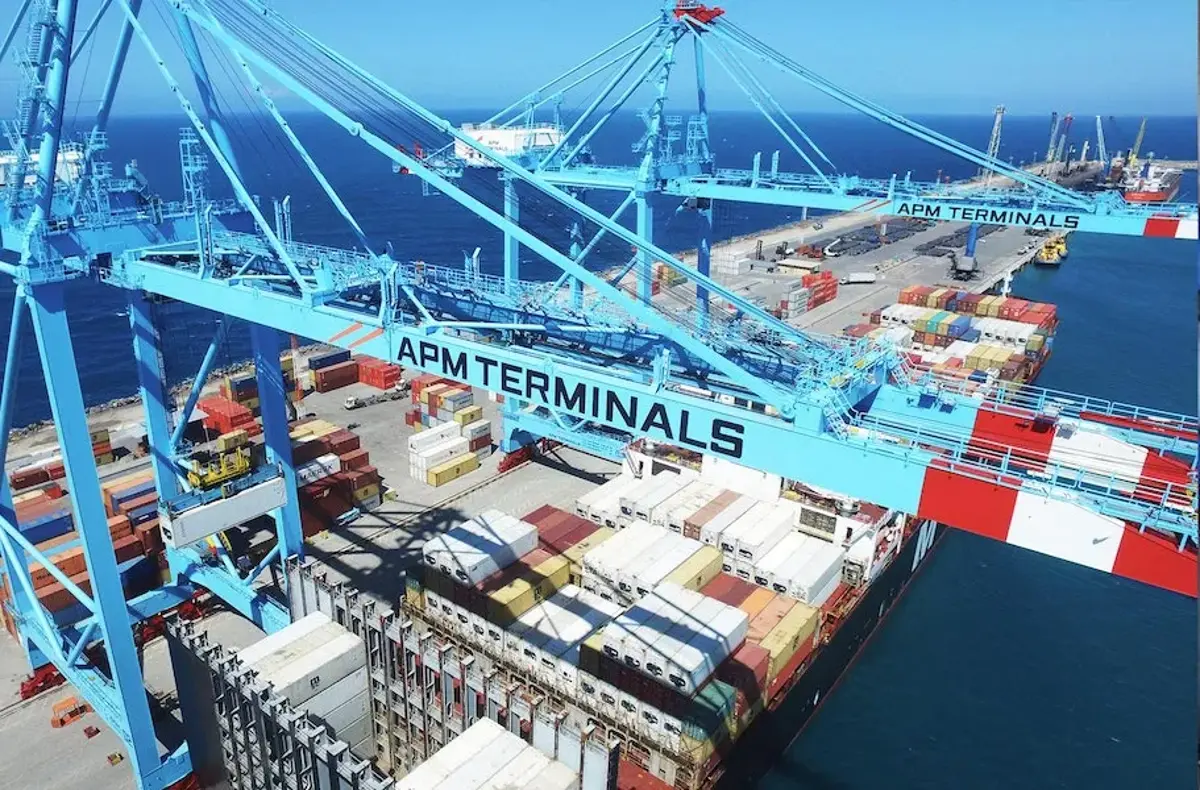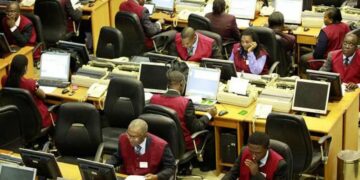Inadequately trained technicians and quality assurance professionals have been identified as likely impediments to supporting local production of renewable energy panels in Nigeria.
A global consulting firm, PricewaterhouseCoopers, in a report said that solar manufacturing is not just about equipment, but also about people, and therefore urged the government to partner with universities, polytechnics, and vocational centres to create a national renewable energy skills framework.
“Manufacturing solar panels requires trained technicians, engineers, and quality assurance professionals. Without human capital development, local industry will struggle to compete,” PwC noted in that report.
It also advocated for stronger enforcement of product standards, urging agencies such as the Standards Organisation of Nigeria and Nigerian Electricity Management Services Agency to adopt and enforce International Electrotechnical Commission-aligned standards.
On finance, PwC noted that access to capital remains a major constraint for both manufacturers and consumers. To deepen solar access for off-grid households, the Bank of Industry and Central Bank of Nigeria should provide long-term green financing and support Pay-As-You-Go models.
PwC urged the government to engage the private sector, development partners like the World Bank and AfDB, and civil society to co-develop a coherent renewable energy roadmap.
“Establishing stakeholder feedback loops and publishing annual progress reports can drive transparency, track jobs created, cost reductions, and support mid-course corrections,” it said.
The consulting firm’s reports, reacting to the government’s proposed ban on solar panel imports, cautioned the country against implementing an immediate restriction on solar panel imports.
It warned that such a move could disrupt Nigeria’s fragile energy access gains and dampen investor confidence in the renewable energy sector.
The report, titled “Rethinking Nigeria’s Proposed Solar Panel Import Policy”, noted that while the push for local manufacturing and industrialisation is commendable, a measured and phased approach is necessary to avoid unintended consequences.
The PwC said the plan, if not properly sequenced, risks stalling Nigeria’s clean energy momentum. In Q4 2024, Nigeria imported solar panels valued at approximately N237.3bn, but by Q1 2025, imports had dropped by about 89 per cent to N125.29bn.
“In 2023 alone, Nigeria imported over four million solar panels, valued at more than $200m. This is not just a reflection of our energy crisis, but also of the absence of adequate local manufacturing capacity,” the report said.
Rather than an outright restriction, PwC advised the government to implement a three—to five-year phased reduction in imports, which would allow local manufacturers to ramp up production capacity, meet demand, and establish quality control systems.
“The proposed import restriction policy reflects Nigeria’s energy security and industrial growth ambition. A measured and strategic approach is needed to avoid unintended disruptions.
“A tiered strategy that includes import quotas, progressive tariffs, or blended procurement models would ensure supply continuity while attracting long-term investments under a stable regulatory framework,” the report recommended.
It added, “The goal should be to scale local manufacturing without compromising access to affordable solar energy. Rather than an instant restriction, Nigeria should adopt a three to five-year phased reduction in solar panel imports.”
The firm acknowledged that the Nigerian government already offers incentives such as the Pioneer Status Incentive, import duty waivers, VAT exemptions, and green finance instruments. However, these remain underutilised due to bureaucratic red tape, fragmented application processes, and limited awareness.
“There is an urgent need for single-window applications, clearer eligibility criteria, and renewable energy desks in key MDAs,” PwC stated. It also called for dedicated renewable energy industrial zones, equipped with shared infrastructure, streamlined permitting processes, and proximity to ports and transport corridors to reduce logistics costs.
While acknowledging the government’s intent to spur industrialisation, PwC concluded that “a hasty restriction could stall momentum in Nigeria’s clean energy transition, reduce affordability, and shake investor confidence.”
“Nigeria must recalibrate its solar panel import policy with strategic sequencing, stakeholder alignment, and realism about the current state of local capacity,” the report stated.
It added, “Getting it right can help Nigeria meet its climate goals, boost local industry, and drive long-term economic growth. Getting it wrong could leave millions in the dark.”
These recommendations came in response to the government’s announcement of a ban on solar panel importation, citing the influx of substandard products. The Federal Government, through the Ministry of Science and Technology, had proposed a policy to restrict solar panel imports in a bid to localise production, conserve forex, and create jobs.
We’ve got the edge. Get real-time reports, breaking scoops, and exclusive angles delivered straight to your phone. Don’t settle for stale news. Join LEADERSHIP NEWS on WhatsApp for 24/7 updates →
Join Our WhatsApp Channel










